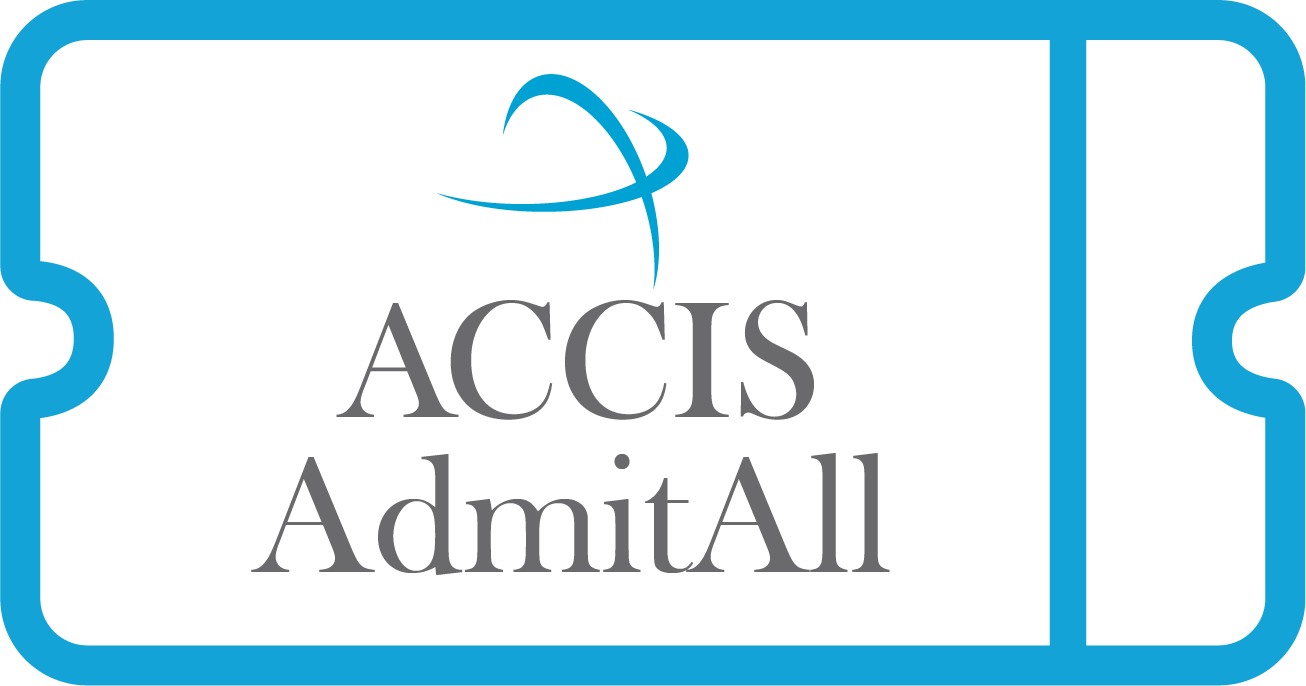
Old Dogs, New Pronouns
Maria Furtado, The Bay School of San Francisco
I walk my son, Cove, to school most days. I’m the person who says “Good morning” to everyone we pass. We have been passing by one particular person almost every weekday for months now. When I first spoke to them, they jumped and looked scared. Slowly but surely, day by day, I seem to have become less scary. This morning I said “Good morning” and got back not just a “Good morning” but a smile and a wave, too.
Since this felt like great progress, I said to Cove, “Hey! She said good morning and smiled.” His response was, “How do you know that’s a she?” He was right to ask. I don’t know for sure. I had made an assumption every day for the past few months that the person enjoying their morning walk was a woman. Why?
Culturally I was raised to quickly identify “boy”, “girl”, “man”, “woman” as part of the social shorthand we often use to allow conversations to begin and evolve. But I also work with teenagers whose view of gender and identification by pronouns is infinitely more fluid than the world in which I was raised. My students challenge me to think more openly and it challenges me to use less social shorthand as I try to understand each student’s needs that day (because they are fluid in many ways). This fluidity challenges me to stop and be more thoughtful in each engagement. I am not always successful. But fortunately, our students have kind hearts and are patient.
As a school community, we work very hard to support our students’ journeys – the entirety of their journeys, not just that senior year journey through the college search. We have a constantly evolving, internal-use only, list of students’ preferred pronouns and names. We sometimes are asked to use different pronouns and names here at school and in emails home to the family. It’s not a hard ask. But it is a memory muscle that needs to be built just like every other memory muscle.
In my early school years, I had powerful English teachers. They drove home the correct use of pronouns and matching tenses. In recent years, I have had to mentally slow down and consider word choice more than I ever have before. I immensely respect our students’ bravery and self-knowledge. I never want to disrespect their process. But I know I have and will make mistakes. I was recently reminded by a colleague: Mistakes happen. Apologies matter. So, I apologize. I remind myself to do better.
Tomorrow when Cove and I walk to school, I’ll still be saying “Good morning.” But I will be working harder to just appreciate each person we pass as a person, not assuming I know their identity… or that I need to know.
